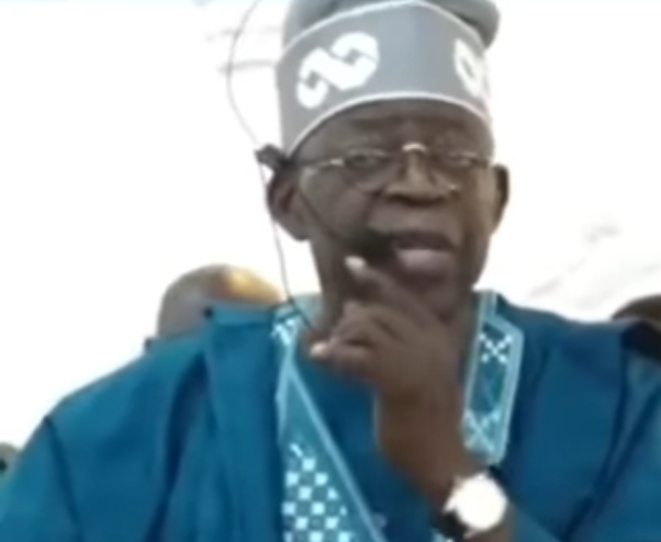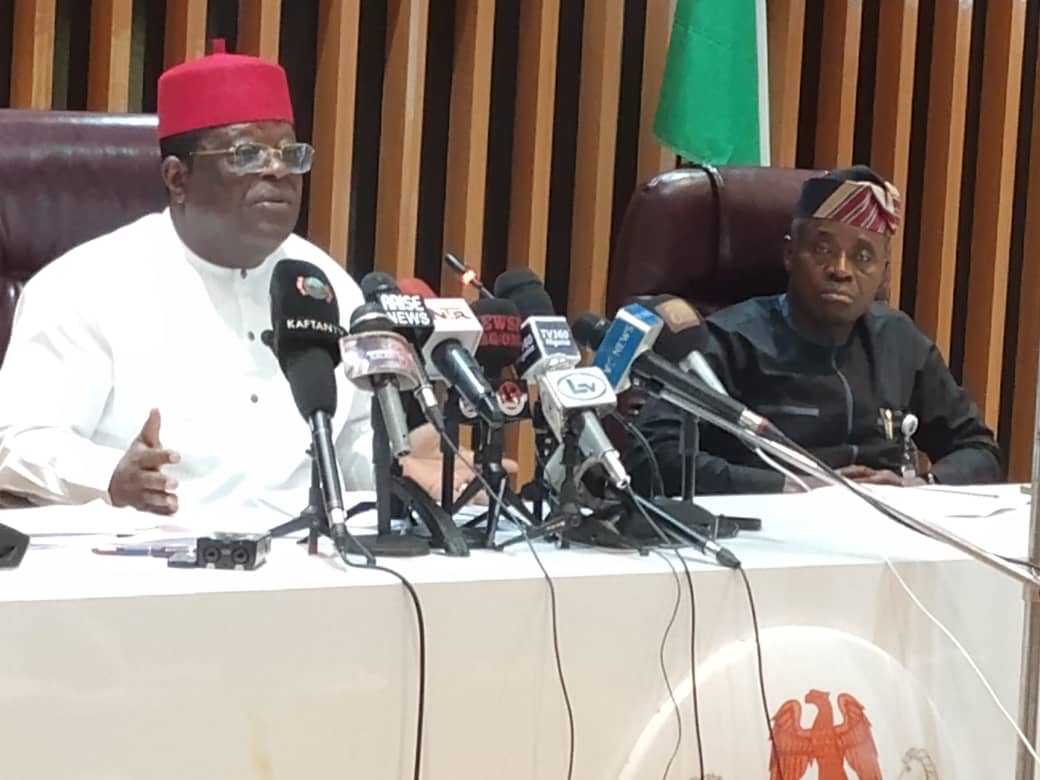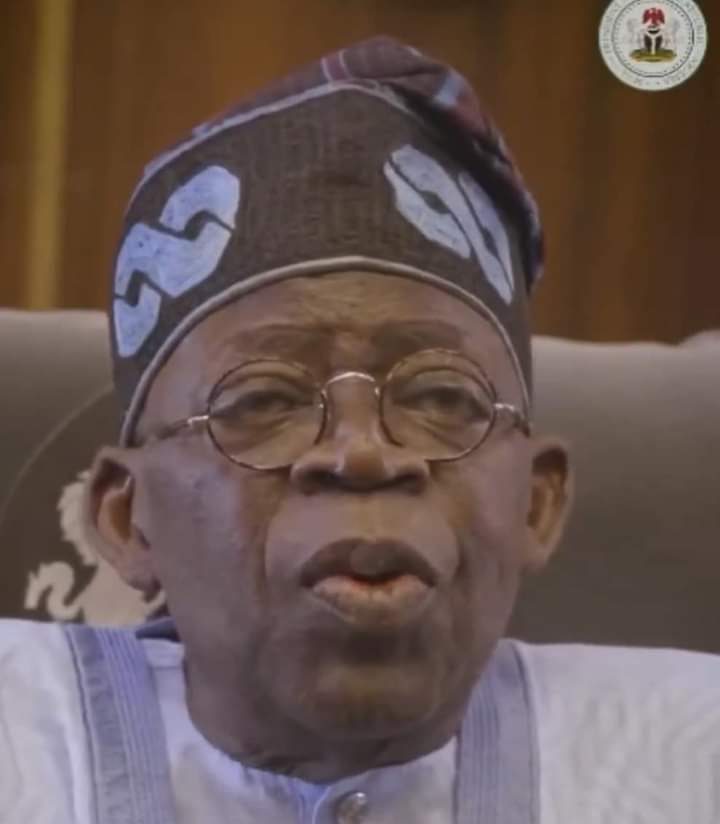
Fresh Hardship Looms As Tinubu Govt Moves To Block Dollar-naira Exchange
World’s biggest cryptocurrency trading platform, Binance, has confirmed collaborating with President Bola Tinubu’s administration to block Nigerians from dollar-naira trade on its platform.
Binance disclosed this in an announcement on its “commitment to P2P users in Nigeria” on Tuesday, warning that “users behaving in a manipulative way will be removed from the platform.”
“As industry leaders,” Binance said, “We are working hand in hand with local authorities, lawmakers, and regulators to ensure we act on non-compliance.’’
The crypto exchange platform further said it is “setting an upper limit for ads, filtering and removing bad ads, requiring and raising deposits for merchants posting ads as well as processes for actioning against any market manipulators.”
On Tuesday, Binance disabled sell option for its Nigerian users, blocking them from selling fiat currency, USDT, on the platform. It also capped the buy option to $1802 for Nigerian users.
It also disabled purchase of cryptocurrencies via P2P for its Nigerian users, leaving those who might want to sell their crypto assets such as Bitcoin, BNB, Ethereum via P2P stuck.
This comes as another desperate move by the Tinubu-led government to stem naira freefall against the dollar. The naira continues to decline even after the Economic Financial Crimes Commission raided perceived currency speculators at a popular Abuja Bureau De Change hub on Monday.
Earlier on Tuesday, the National Security Adviser, Nuhu Ribadu, directed law enforcement agencies to take firm measures against anyone engaged in foreign exchange market speculation.
“In a concerted effort to safeguard Nigeria’s foreign exchange market and combat speculative activities, the Office of the National Security Adviser and the Central Bank of Nigeria are joining forces to address challenges impacting the nation’s economic stability,” a statement issued by Mr Ribadu’s office read.
It added, “The CBN’s proactive measures to stabilise the foreign exchange market and stimulate economic activities have been commendable. However, the effectiveness of these initiatives is being undermined by the activities of speculators, both domestic and international, operating through various channels, thereby exacerbating the depreciation of the Nigerian naira and contributing to inflation and economic instability.”
The naira hit its all time low, trading for N1902 to a dollar on Tuesday before Binance blocked its Nigerian user from selling USDT on the platform.
Mr Tinubu’s government collaborating with Binance to block Nigerians from dollar-naira trading mirrors his predecessor, former President Muhammadu Buhari’s ban on cryptocurrency trading in the country in 2021. The CBN under Mr Tinubu’s watch in December 2023 lifted the ban on cryptocurrency.
Some Nigerian Binance users have criticised Binance on its latest move, threatening to migrate to other platforms for their dollar-naira trading.
An x user, @MikaelBernard, on Tuesday, dismissed Binance’s decision against Nigerian users as “absolutely ridiculous,” adding that “If this is how they plan to save the naira, I’m sorry but it’s going to fail woefully.”
“You can no longer sell your own tokens for above 1802/$. I don’t know what they aim to achieve, but traders are now on telegram, selling at 1850/$ and above. Binance was only a medium. If you block Binance, people will find new ways,” @MikaelBernard tweeted.
Another X user, MiracleOkeke said, “So, let me understand, you literally decided to put a peg or control a somewhat person to person transaction that should normally be determined by whatever price they wish? As an open market? Jokes on you, we will move to other platforms.”
With “more than half of its adult population” trading cryptocurrency “monthly,” according Binance, Nigeria ranks among countries with the largest population of crypto traders in the world.
Recent restrictions on domiciliary accounts in Nigeria by the Tinubu-led government could have also increased the number of Nigerians using the exchange to save their money or facilitate receipt of funds from abroad.






